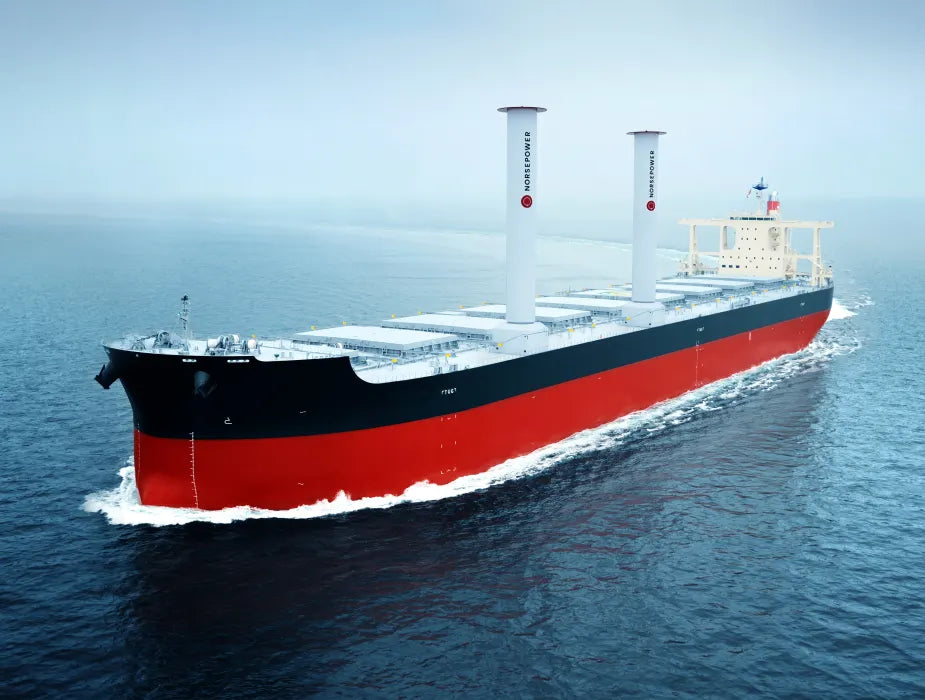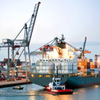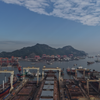2024 Cargo Ship Forecast

Introduction
Growing concerns about climate change and carbon reduction have increased the importance of replacing coal with renewable energy, and the International Energy Agency (IEA) expects coal demand to fall significantly in the coming years. Given that coal is a significant driver of dry bulk demand, this could have a negative impact on dry bulk shipowners. ring. However, the green transformation of energy supply will also bring demand for steel. So, is the expansion of global renewable energy capacity a blessing or a curse for dry bulk shipping, and how should market participants respond to the transformation?
Main content:
- The global energy landscape is facing a major transformation?
- Impact of energy decarbonization on the dry bulk shipping market?
-Where will shipping investors go from here?
Climate change drives transformation of global energy landscape
After a series of severe climate events, climate change has become one of the top topics on the global agenda. In order to reduce dependence on fossil fuels and increase renewable energy production capacity, many countries are actively pursuing decarbonization strategies.
Currently, thermal coal accounts for approximately 36% of total global energy production and is the largest source of emissions. Therefore, replacing coal with renewable energy is a big step in the right direction.
Given that coal is an important driver of global dry bulk shipping demand, Veson Nautical's "Global Cooling, Dry Bulk Heating" white paper will be with you Explore how energy decarbonization affects the dry bulk shipping market.
Renewable energy expansion boosts bulk cargo demand
Reduced coal consumption may also have a negative impact on the bulk carrier market. Coal is the main cargo transported in dry bulk, and the reduction in its use will have a certain impact on the industry.
However, the rapid development of renewable energy sources, such as solar and wind energy, will bring significant demand for transportation of raw materials, such as steel and iron ore used to build and maintain these energy infrastructures. Therefore, increasing demand for bulk cargo is expected to support the growth of the dry bulk shipping industry.
Renewable Energy 2022-2026
According to the International Energy Agency (IEA) forecast, from 2024 to The combined impact of renewable energy growth and lower coal demand in the medium-term time frame of 2026 is expected to have a net positive impact on bulk demand in the medium term.
But in the long term, as renewable energy infrastructure is fully established and coal demand continues to decline, the negative impact of lower coal demand may outweigh the positive impact of renewable energy growth.
Shipping investors face opportunities and challenges
It is expected that the average daily rental rate of Capesize will stabilize at around US$25,000 in the next few years. Uncertainty over new ship orders is expected to persist, with demand shifting towards younger, greener vessels. This trend will bring a clearer outlook for investment.
In addition, it is expected that a strong freight market and high demand for young ships will support the continued high value of second-hand ships. It is expected that the asset value of a 5-year-old capesize ship with a load capacity of 180,000 tons will remain above US$55 million in the next few years, much higher than the VesselsValue since Median value of similar ships calculated since 2014 $37 million. This is a very strong price level, even surpassing levels seen since 2010.
Conclusion
energy decarbonization will have a profound impact on the global energy landscape and the dry bulk shipping market, and the benefits outweigh the disadvantages.
Dry bulk shipowners should therefore not view decarbonization as a headwind as it is likely to be a key demand driver in the coming years.






